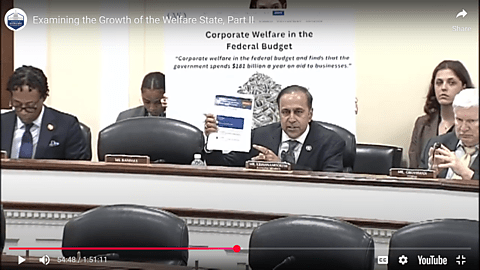
Behavioral health providers can deliver effective mental health services using telehealth technology. Yet state licensing laws block people from accessing telehealth services from providers who hold out‐of‐state licenses.
According to the Health Resources and Services Administration, social workers accounted for more than 239,000 of the roughly 786,000 total behavioral health workforce in 2017. Social workers comprise 45 percent of Department of Defense mental health professionals caring for military personnel and their spouses and see 42 percent of all encounters in the military that involve mental health or substance abuse problems. In the US, mental health problems continue to grow among all age groups, leading a recent gathering of seven US Surgeons General to declare it a crisis.
In 2021, Arizona lawmakers passed landmark “universal telehealth” legislation allowing any health care practitioner with an out‐of‐state license to provide telehealth services to Arizonans without applying for an Arizona license. Since then, six other states have passed similar laws. Unfortunately, no state counts social workers among the out‐of‐state health care practitioners who may provide telehealth services to their residents. So, people in those states who want to access social workers for behavioral health counseling are out of luck.
Now, social workers are seeking to convince lawmakers in 27 states to establish an interstate compact that will provide social workers with a license recognized by all states in the compact. So far, Missouri and South Dakota have joined the compact. Arizona lawmakers are considering SB 1036 during the current legislative session, which, if passed, would add Arizona to the compact. Colorado may soon join the compact as well, as its lawmakers are considering HB24-1002. When five states have joined, a compact commission will be able to establish requirements for social workers to apply for a compact license. Social workers who don’t want a compact license can opt to be licensed only in their state.
In 2019, Arizona was the first state to enact “universal license recognition,” enabling people who relocate to Arizona with out‐of‐state occupational or professional licenses to work without applying for an Arizona license. By 2023, 14 states passed similar laws. Unlike Arizona, some states don’t require holders of out‐of‐state licensees to relocate there.
Ideally, states should repeal all licensing laws and allow third‐party certification organizations to perform licensing boards’ functions. If that is not politically feasible, all 50 states and the District of Columbia could enact universal license recognition that doesn’t require out‐of‐state licensees to move to their states permanently. Unfortunately, American patients will have to wait a long time before seeing anything resembling either of these two outcomes.
In the meantime, by creating a sizeable interstate compact that lets people in all member states access service providers, lawmakers are taking a big step toward liberating patients from protectionist licensing laws that are a relic of a bygone era.
Whether they pass universal license recognition laws, universal telehealth laws, or multi‐state compacts, state lawmakers continue to create licensing law workarounds. In the process, they tacitly acknowledge that licensing laws block access to care.



